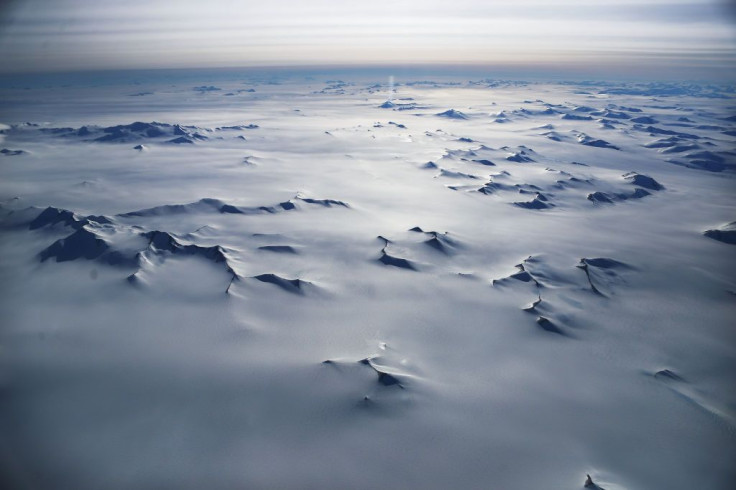Ancient Antarctic Ice Melting Could Raise Sea Level By 30 Feet, Submerge Islands

Antarctic ice sheets have melted and raised sea levels by up to 30 feet around the world tens of thousands of years ago. However, new research suggests that another ice sheet may collapse soon and cause another global flood.
Geologist Anders Carlson of Oregon State University and his team found that the Antarctic ice sheet that melted 125,000 years ago and inundated huge swaths of what had been dry land disappeared under climate conditions that were similar to what we are experiencing today, according to USA Today. The only difference is that the ancient ice sheet melted due to natural climate change, but the future global flood, if it happens, would be caused by man-made global warming.
The findings were announced earlier this December at an American Geophysical Union meeting in Washington, D.C.
Boston College paleoclimatologist Jeremy Shakun told Science magazine that if future studies confirm this finding, it may not take much for the West Antarctic ice sheet to collapse completely. He added that the consistent mass loss observed in the ice sheet over the past 20 years may have been the start of the process of melting rather than just a short-term blip.
According to the researchers, the effects of the ancient Antarctic ice sheet melting could be felt immediately once it got started. Sea levels around the world may have risen as fast as 8 feet per century, which is as fast as a blink of an eye in climatological terms.
For their research, Carlson and his team studied several marine sediment cores taken from the shores of Antarctica. These cores are long cylinders of silt and mud that would give the scientists clues as to the past changes in the Earth's climate.
Nathaelle Bouttes at the National Centre for Atmospheric Science in the U.K. told Smithsonian magazine that researchers speculated that warmer temperatures in the Northern Hemisphere at the time were caused by a slight change in the Earth's orbit and spin axis. This, in turn, caused climate changes around the world.
According to a study released in June, the melting of the ice caps is already well underway. Over the past 25 years, 3 trillion tons of ice in Antarctica has melted due to global warming, which also tripled ice loss there in the past decade.
This resulted in over 2 quadrillion gallons of water being added to the world's oceans. This amount would be enough to fill over a billion swimming pools and cover the state of Texas to a depth of nearly 13 feet. As a result, the melting of the Antarctic ice sheets is now one of the biggest causes of rising sea levels. Scientists estimate that one-third of all sea-level rise around the globe is caused by the ice sheet melt.
© Copyright IBTimes 2024. All rights reserved.





















